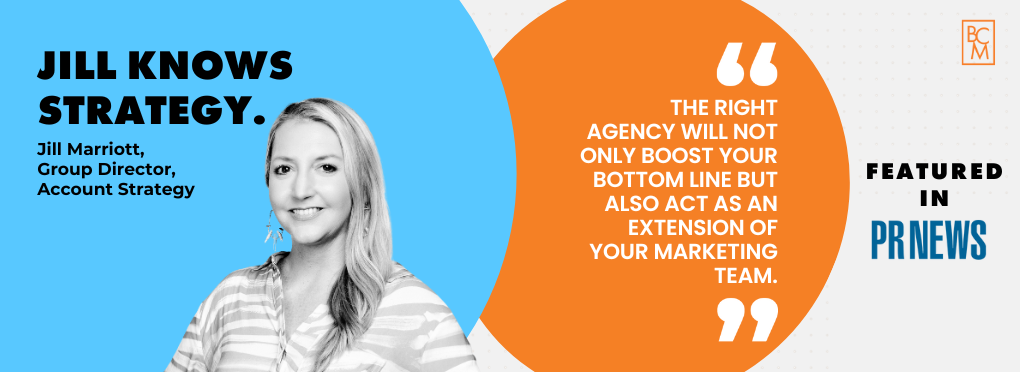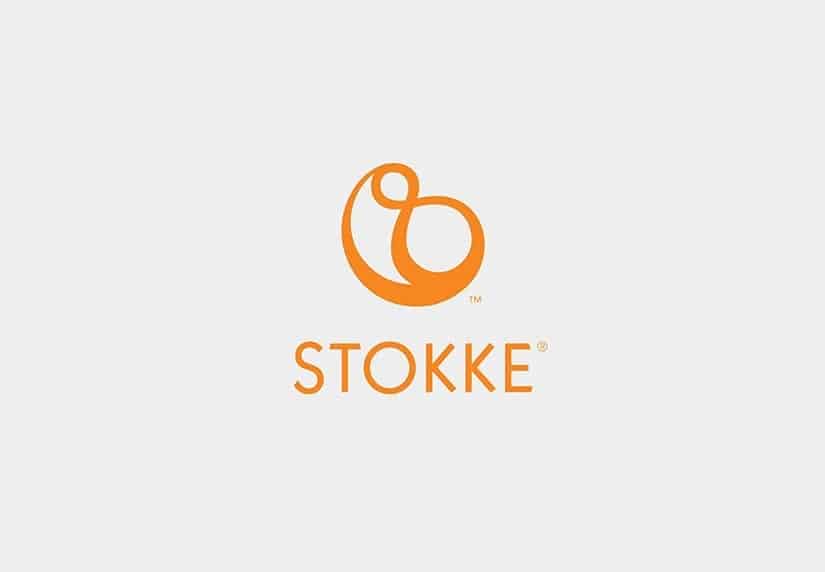Maximizing Your Ad Campaigns with a Google Premier Partner: An Insider’s Guide
How BCM’s Google Premier Partner Status Can Supercharge Your Ad Campaigns If you want to get the best ROI for your paid search ads, you need to know...
2 min read
Ken Schaefer : Nov 1, 2023

Original article posted on PR NEWS
Images provided by Beeby Clark+Meyler
Partnering with a digital marketing agency can help propel your business forward.
The right agency will not only help you expand your online presence, increase traffic to your website, and ultimately boost your bottom line, but also act as an extension of your marketing team. When it comes to selecting the right agency, though, the process can be overwhelming. With so many options available and so much at stake, how can you ensure your business is making the right decision?

One key step in the selection process is crafting a Request for Proposal (RFP) that clearly articulates your needs and expectations. But what should you include in your RFP? Below are five elements businesses should include in their RFPs when selecting a digital marketing agency.
It’s important to know how the prospective agency views your current efforts. Clearly outline your business objectives, give examples of what you are currently doing, and share what’s been working and what hasn’t. Then ask for an evaluation of those things through an audit. Providing an honest and comprehensive synopsis of your existing marketing efforts will help you communicate your needs to potential agency partners, and it will help them identify areas where you could use the extra support.
Once you have outlined your goals, it’s important to articulate precisely what you expect from a partner agency, whether it’s deep expertise in a specific vertical (like Shopping or Travel) or robust programmatic experience. Consider the type of industry experience that will benefit you most, the skill sets required to execute your goals, and the level of strategic support you need. It’s important to ask the right questions to understand how the agency’s capabilities align with your business goals.

Understanding the inner workings of your potential agency’s team is important to ensure success. Does the agency provide a single point of contact, or do they use a team-based approach? What’s the ratio of account managers to clients? Do they have an in-house team or a deep bench of freelancers?
It’s also important to understand the interplay between their different specialties and their interpretation of success. Is it in line with your business goals? Understanding these structures will help you take into account the agency’s capabilities, internal team organization, and metrics for success.
No business wants surprises regarding agency costs. It’s important to ask detailed questions about agency fees to better understand how your money is allotted. How do they bill for their services, technology and third-party tools? Are there any fees that you may not expect? Knowing these details upfront will help you align your budget with successful strategies to reach your goals.
The last thing you want is to invest time and money into an agency that offers technology solutions that are incompatible with your current tech stack. Clearly outline your technology requirements and reference the tools you prefer. Also, be clear that there needs to be a succession plan when it comes to transferring your data if the need arises. This will help ensure that you get the most impact out of your digital efforts.

Choosing the right agency partner is a critical decision that can significantly impact your business. Whether you are looking for digital ad support, website design, SEO, strategy, or all the above, selecting the right agency can be a make-or-break decision. But by doing your homework and asking the right questions during the RFP process, your chances of finding a trusted partner will greatly improve. The investment in time is worth it.
Jill Marriott is Account Strategy Group Director at Beeby Clark+Meyler (BCM).

How BCM’s Google Premier Partner Status Can Supercharge Your Ad Campaigns If you want to get the best ROI for your paid search ads, you need to know...

NEW YORK, Aug. 1, 2017 /PRNewswire/ — Beeby Clark+Meyler (BCM), the award-winning digital advertising agency, announces the addition of Stokke®, a...